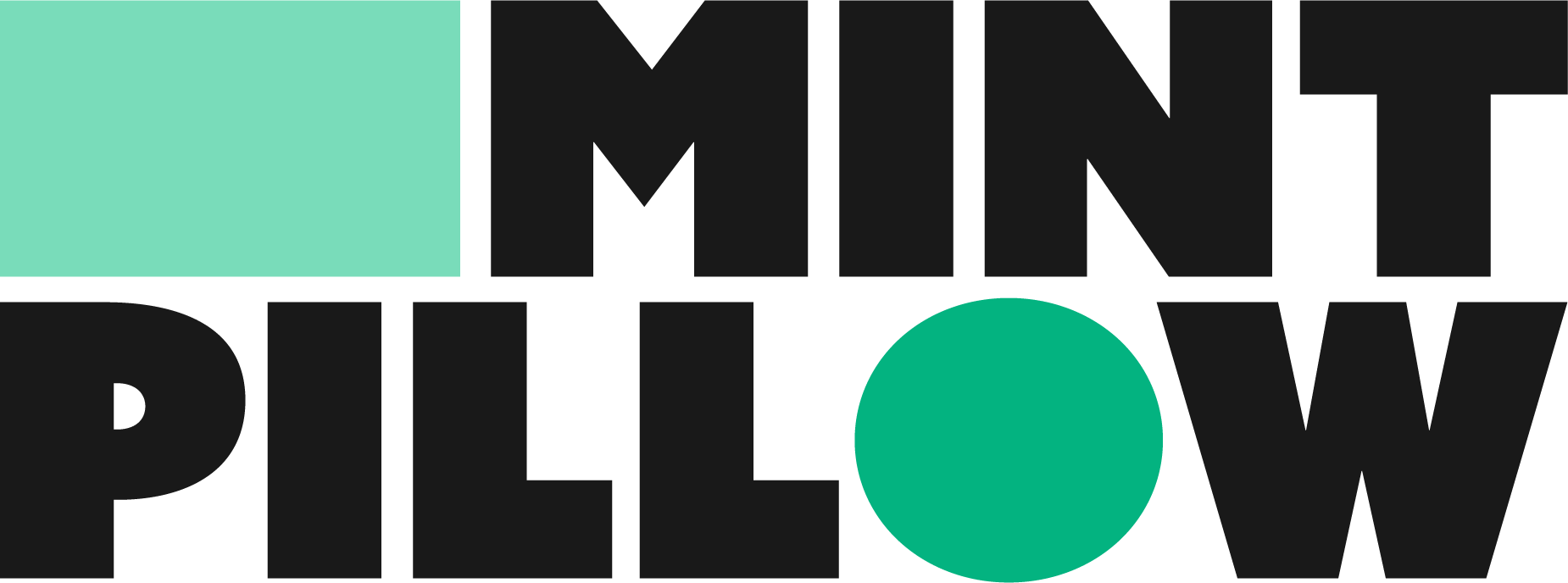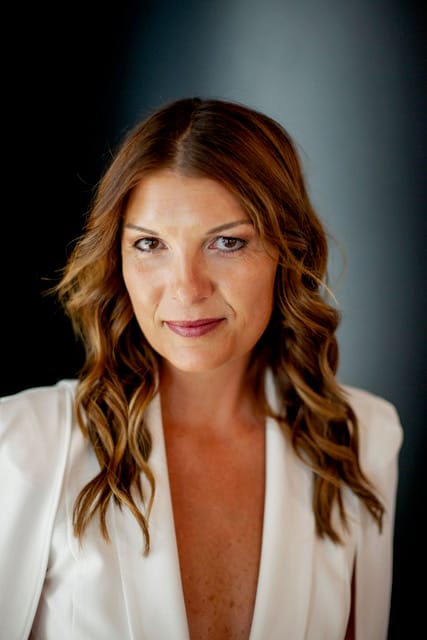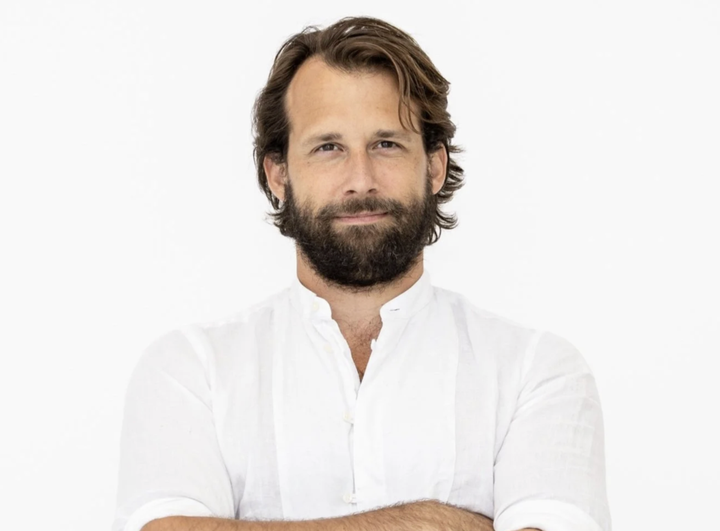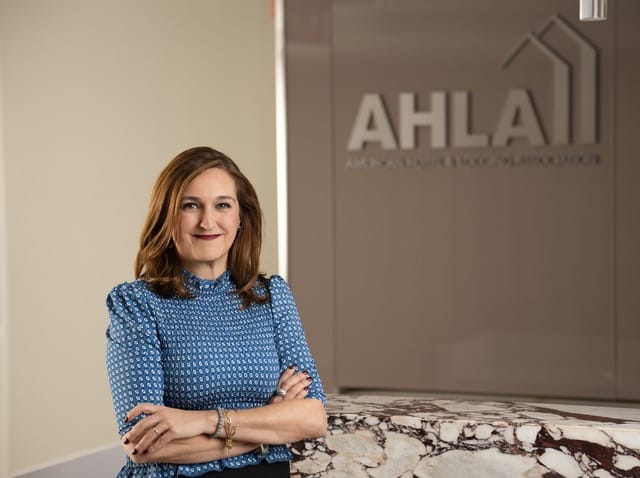2026 will redefine independent hotel financing—are you ready?
A top hospitality rainmaker breaks down the new rules shaping lending, valuations and investor appetite.
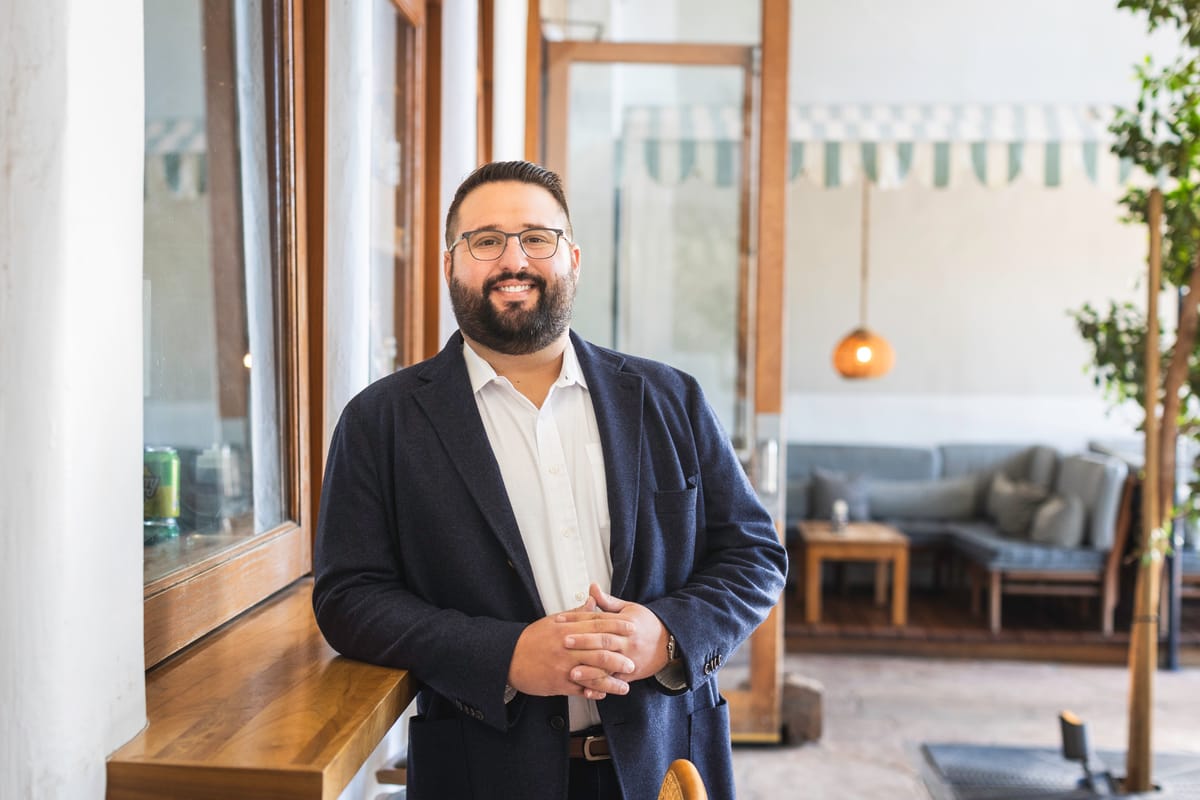
When you need to get a complex deal done, you call a rainmaker like Ryan Bosch. As principal at Arriba Capital, a Scottsdale, AZ-based real estate investment banking firm, Bosch is the seasoned expert behind $2 billion in hospitality debt, mastering every part of the capital stack.
Before he was structuring hotel deals, he was an entrepreneur and a product guy, meaning he truly understands the business of hospitality, not just the underwriting. Here, he offers a look ahead at the 2026 financial, lending and investment landscape for independent hoteliers.
—Interview by Jennifer Glatt, edited by Lesley McKenzie
How do you expect lending conditions for independent hotels to evolve as we move into 2026?
We're heading into a more normalized credit environment as spreads tighten and rate volatility eases. Lenders are underwriting with sharper pencils than ever. For independents, the biggest shift is toward more data-driven, sponsor-specific lending. Banks and debt funds alike want to see hard evidence of brand equity, online reputation and operating discipline before pricing anything aggressively. Underwriting is less about broad sector appetite and more about sponsor credibility and track record. That's a healthy reset.
What interest rate or capital strategy considerations should independent owners be factoring into their 2026 planning?
Don't build a business plan around rate cuts. Even with mild easing, the "new normal" cost of capital will remain higher than what we saw from 2015 to 2021. Independent owners should focus less on the absolute rate and more on total capital efficiency—how much leverage they can actually service and how flexible that capital is. Floating-to-fixed hedges, shorter prepay windows and strong interest-reserve structures are worth prioritizing.
How do you see valuations and transaction activity trending for indie and boutique hotels next year?
We expect valuations to stabilize and improve modestly in 2026 as financing becomes more predictable and bid-ask spreads narrow. Transaction volume should pick up in the back half of the year, especially for high-quality independent assets with a proven operating story or a clear conversion path to a soft brand. The spread between institutional-grade independents and underperforming boutiques will continue to widen.
Well-capitalized independents with strong management, data transparency and consistent cash flow are being treated almost like branded assets by lenders and investors. On the other hand, smaller boutique hotels with inconsistent performance or limited reporting are struggling to attract capital or are trading at meaningful discounts.
Which types of independent or boutique properties—and in what kinds of markets—are you seeing the strongest lender and investor interest heading into 2026?
We're seeing the most lender traction in experiential drive-to markets, secondary leisure destinations and adaptive-reuse assets in walkable urban neighborhoods. Boutique properties with clear design language, strong F&B and repeat-leisure demand are outperforming. Investors want lifestyle hotels that feel unique but still pencil like a business. Think 80- to 150-key assets in markets such as Savannah, Nashville, Austin, Scottsdale and coastal California.
Even in a low-growth environment with limited new supply, what makes certain new independent or boutique hotel projects compelling enough for Arriba to finance?
We'll finance independents when the story is executable, with demonstrable demand, cost discipline and a sponsor who knows how to create rate integrity without brand support. The projects that still make sense today tend to involve a hard asset advantage, such as irreplaceable locations, reuse of existing structures or public-private incentives that materially reduce basis. Creative capital stacks are part of it, but we're ultimately backing proven operators who understand how to run lean and differentiate through experience.
Anything else you'd like to share?
Independent hotels are proving that brand isn't everything, but execution is. As capital costs normalize, the operators who can control expenses, manage distribution intelligently and maintain consistent guest satisfaction will continue to attract financing even without a flag.
Thanks for reading today's edition! You can reach the newsletter team at newsletter@mintpillow.co. We enjoy hearing from you.
Interested in advertising? Email us at newslettersales@mvfglobal.com
Mint Pillow is curated and written by Jennifer Glatt and edited by Lesley McKenzie.
